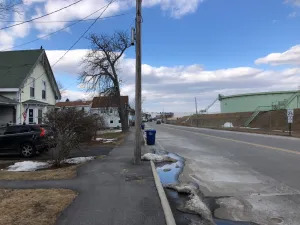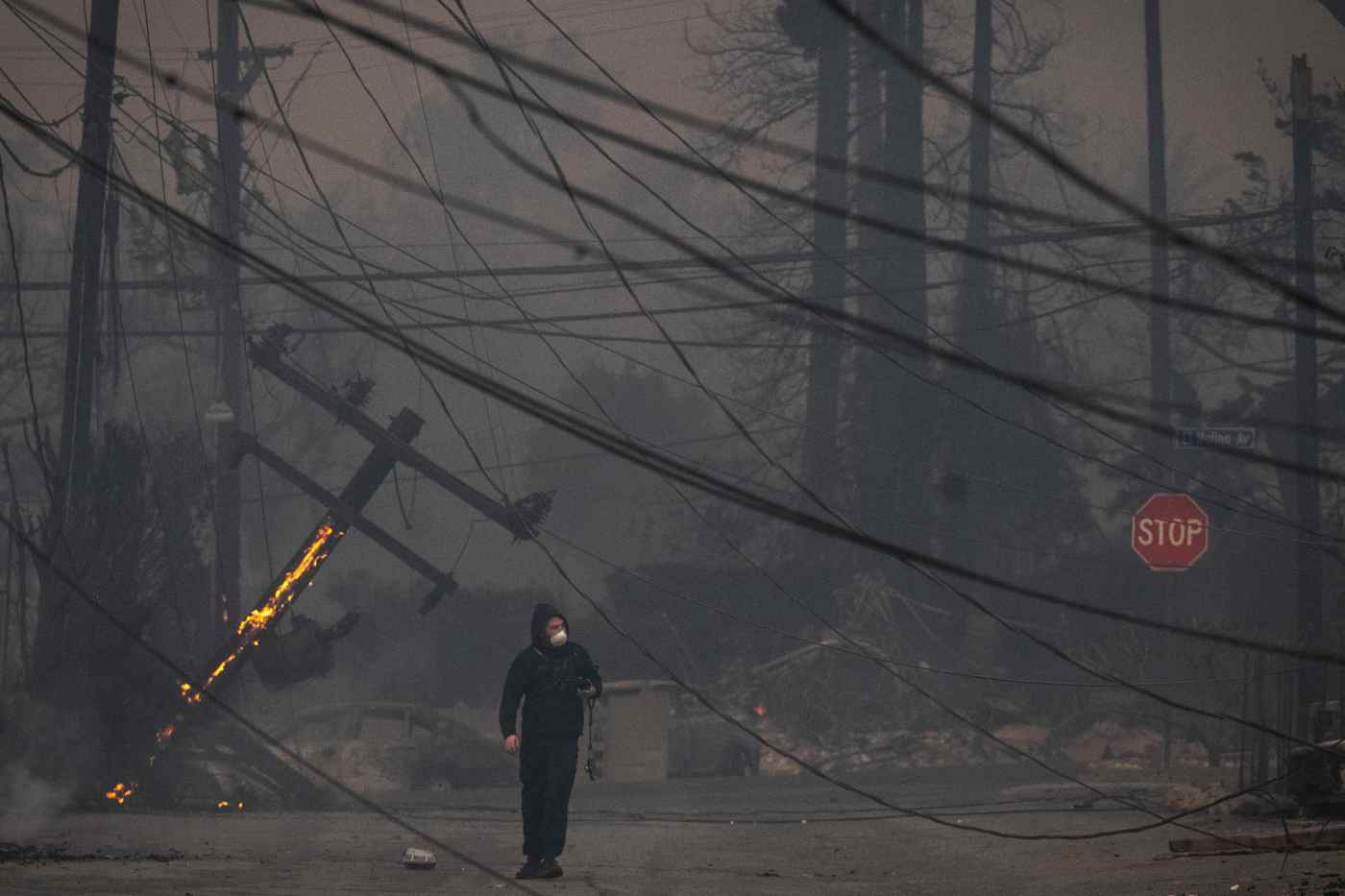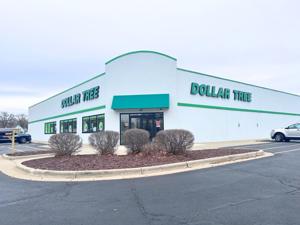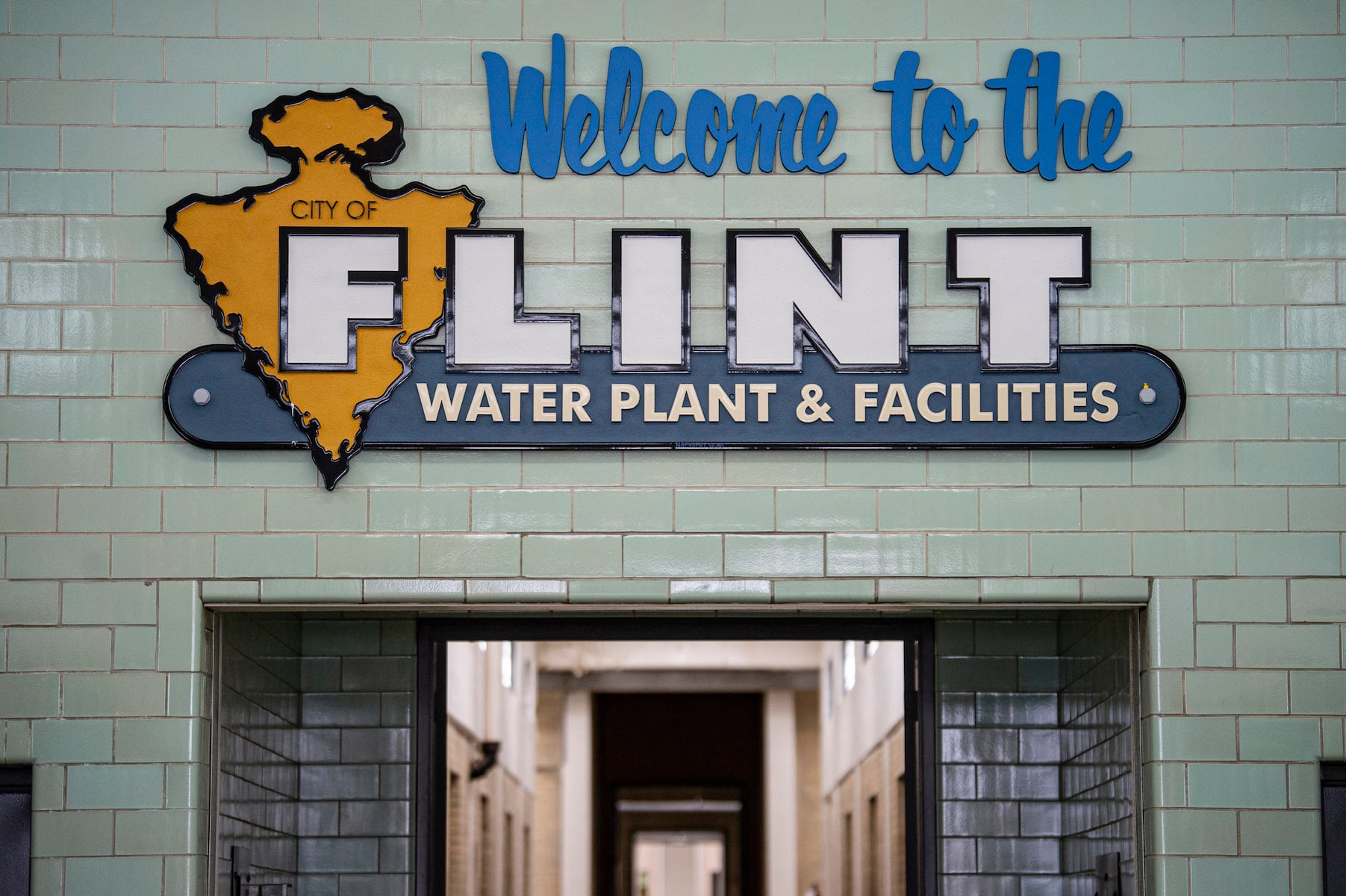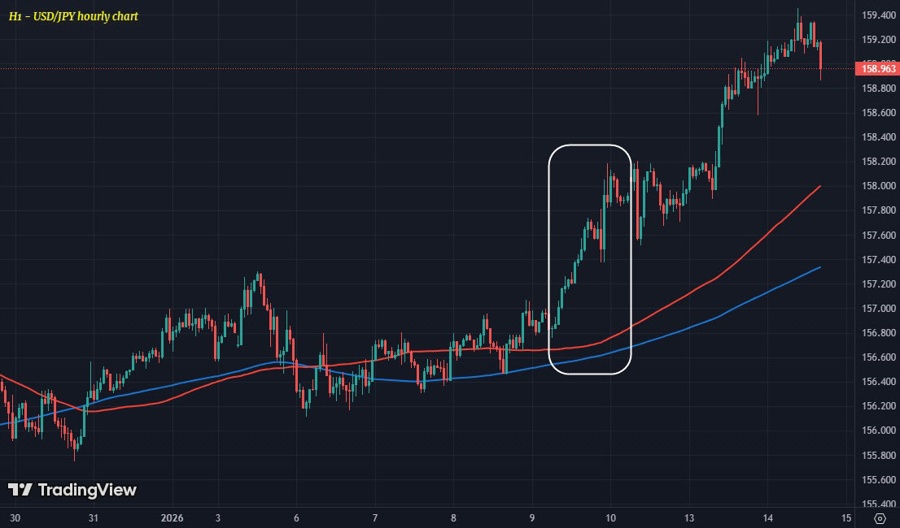South Portland is moving forward with a draft of its comprehensive plan, which outlines potential future development for land adjacent to and beneath existing petroleum tank farms. This extensive document, exceeding 100 pages, is a culmination of years of community engagement, discussions, and research. Once finalized and approved by the City Council, it will guide city policy and growth for the next 15 years.
The overarching goals identified by committee members include promoting balanced and intentional growth, enhancing housing and sustainable transportation options, and fostering climate resilience along with environmental stewardship. The plan introduces “unique growth zones,” where significant and diverse development is expected. Two major areas highlighted are Nutter Hill and the eastern waterfront, both currently housing petroleum tanks and now earmarked for mixed-use development, including residential units.
The properties in question include parcels owned by the Portland Pipe Line Corporation, a subsidiary of the Canadian oil company Suncor. Speculations have arisen regarding Suncor’s potential sale of its more than 200 acres across the city. Earlier, the city had urged the company to consider divestment and to remediate the land prior to any transactions. A Suncor representative stated that no decision regarding the sale has been made, but the company will keep the city informed of any developments.
City Planning Director Milan Nevajda emphasized that regardless of current land ownership, the comprehensive plan reflects the city’s vision for the future. “We have to figure out what it is the community wants to do there, regardless of what’s there on the ground today,” he stated. The city aims to express its intent through zoning changes that encourage a transition to alternative industries.
Redevelopment Opportunities in Nutter Hill
The Nutter Hill neighborhood, characterized by its 100-acre tank farm, schools, and residential areas, has been identified as a prime candidate for redevelopment. The plan envisions a mixed-use neighborhood that blends residential and light commercial spaces. Some developers have already proposed plans for the area.
For instance, SMRT Architects presented a concept at a community forum hosted by the “Toss the Tanks” campaign, which advocates for the divestment and remediation of the Hill Street tank farm. Their design includes the removal of the 19 above-ground tanks to create a walkable neighborhood, featuring a high-density core, ample green space, and a lower-density perimeter.
This initiative could potentially yield over 1,000 housing units for the city, addressing a significant housing shortage. The South Portland Housing Authority’s Executive Director Mike Hulsey highlighted the urgent need for new housing, noting that the city currently demands an average of 54 year-round units annually, which is double the growth rate of vacant units.
Concerns on the Eastern Waterfront
The comprehensive plan also reimagines development near the eastern waterfront, an area bordered by Front Street, Preble Street, Bug Light Park, and the water. The draft suggests rezoning this region to permit residential use on land not directly touching the shoreline. The plan proposes lower density near the coast with increasing density further inland, allowing developers to construct buildings up to six stories on certain parcels owned by the Portland Pipe Line Corporation.
While the plan has ambitious goals, it has also faced resistance from local residents who express concerns about coastal flooding, potential toxic emissions from nearby tanks, and increased traffic. These issues were similarly raised during a previous zoning change request by PK Realty Management for a project known as Yard South, which ultimately withdrew its application after community pushback.
Local resident and naturopathic doctor Priscilla Skerry has been vocal about the need for transparency and stricter health protocols regarding the impacts of surrounding petroleum tanks. She advocates for a 1,000-foot buffer between petroleum storage and residential areas to safeguard community health. “We’ve got a long way to go to correct this situation,” she remarked, emphasizing the importance of listening to community concerns.
The comprehensive plan draft is set for state review, and the city will launch a community engagement campaign over the coming months. This initiative will allow residents and other stakeholders to provide electronic or in-person feedback on the proposed plan before it is reviewed by the Comprehensive Plan Committee and City Council. The city aims to incorporate this feedback to refine the plan further, aligning it with community aspirations while addressing critical issues related to development and environmental health.

